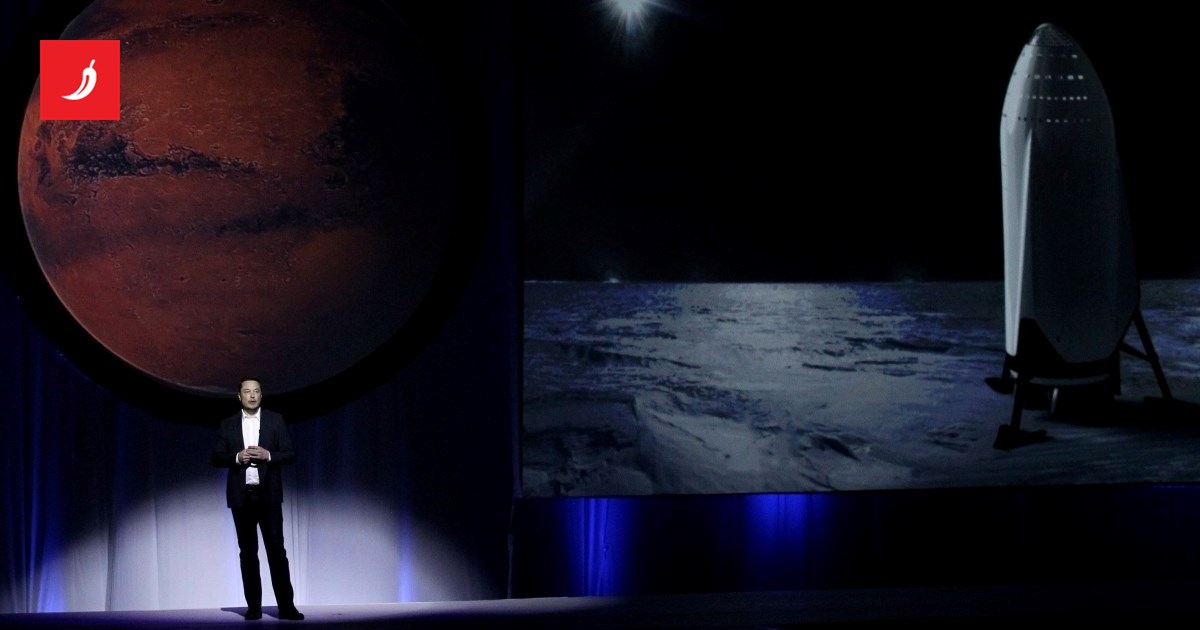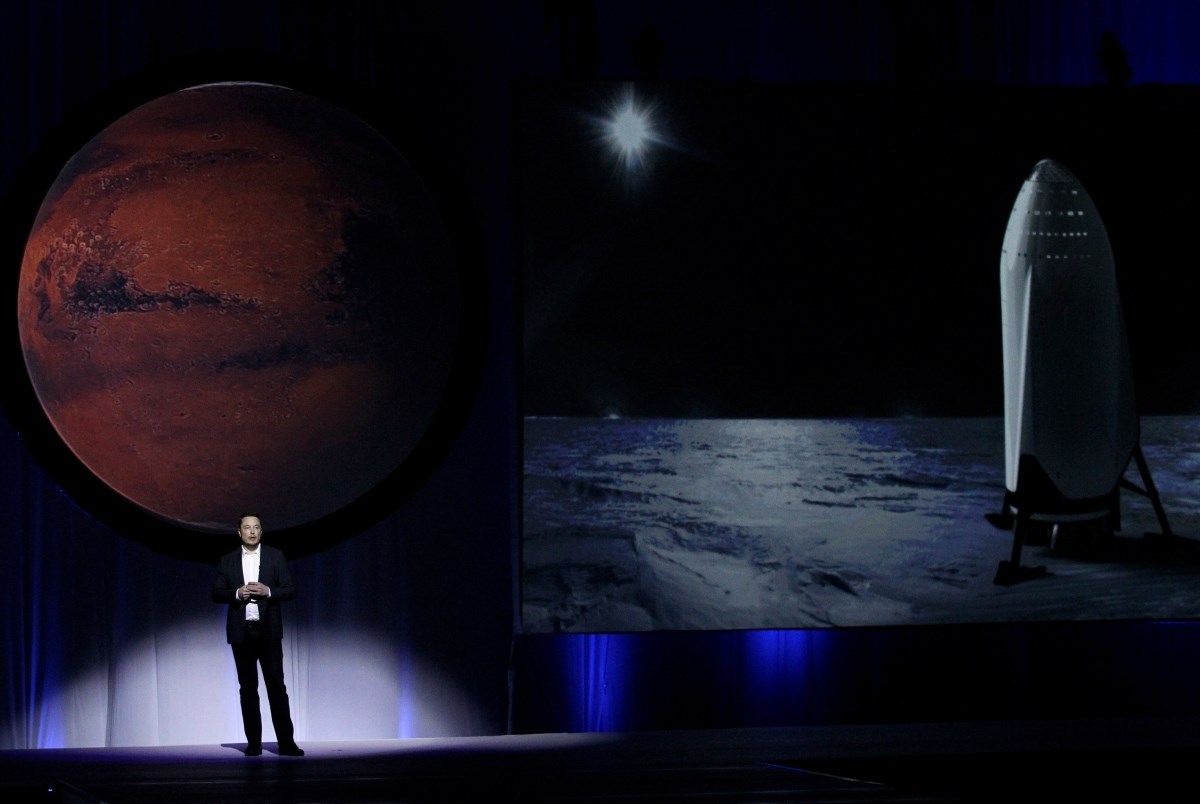The main topic of the article is the philosophy of longtermism, an ethical approach emphasizing the importance of caring for the far future of humanity, often at the expense of present-day issues. The article criticizes how billionaires like Peter Thiel, Elon Musk, and others have adopted this philosophy as a justification for neglecting current social problems and investing in futuristic projects such as Mars colonization. Left-leaning media highlight the dangers of longtermism as an ideology that can justify ignoring present needs and inequalities. Centrist sources often present longtermism as a rational, mathematically grounded philosophy valuing future generations but caution about its potential ethical dilemmas. Right-leaning media emphasize individual freedom and innovation, often supporting the idea that investments in the future, like space exploration, can bring long-term benefits but sometimes overlook critiques regarding social responsibility.
Political Perspectives:
Left: Left-leaning outlets emphasize the risks of longtermism as a dangerous ideology that allows billionaires to ignore pressing social issues today by focusing solely on distant future outcomes. They critique the ethical implications of sacrificing current generations and social justice for uncertain long-term benefits.
Center: Centrist perspectives present longtermism as a rational and mathematically based ethical framework that values the welfare of future generations. They acknowledge its intellectual appeal but also highlight the ethical challenges and potential neglect of present-day problems.
Right: Right-leaning media often focus on the innovation and individual freedom aspects of longtermism, supporting investments in futuristic projects like space colonization. They tend to view longtermism as a visionary approach but may downplay concerns about social responsibility and current inequalities.







































